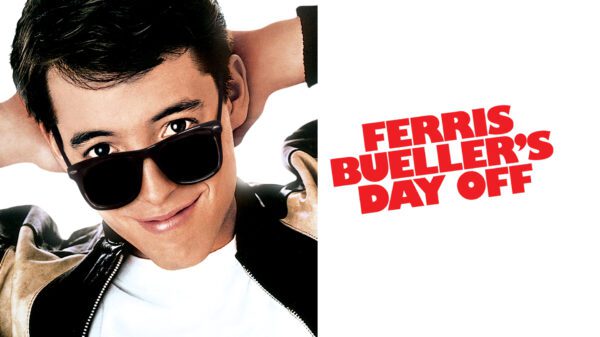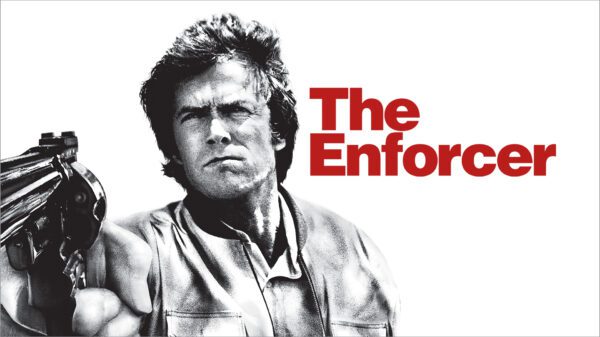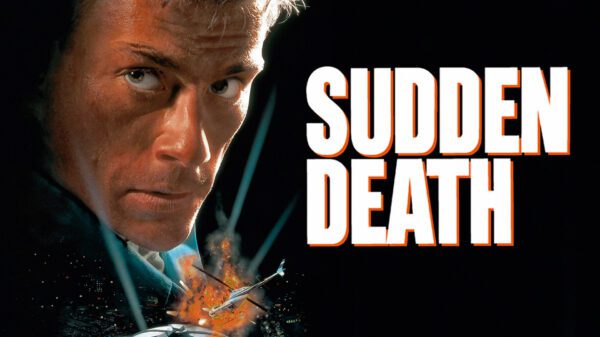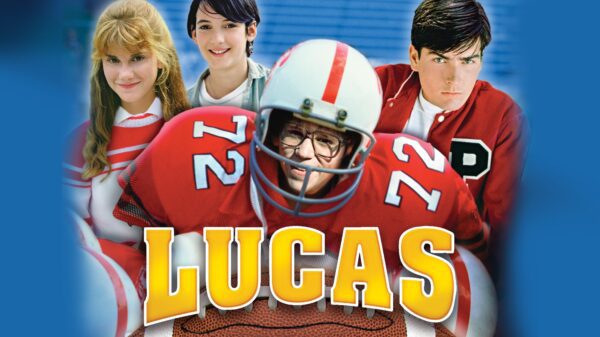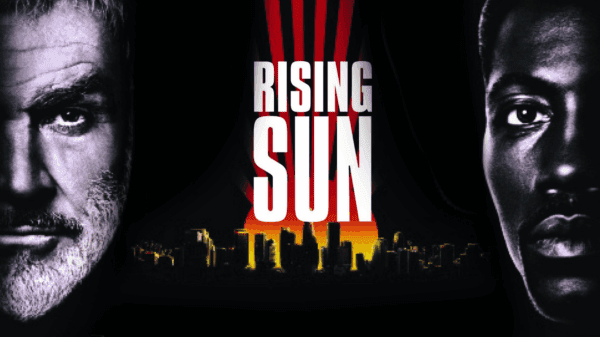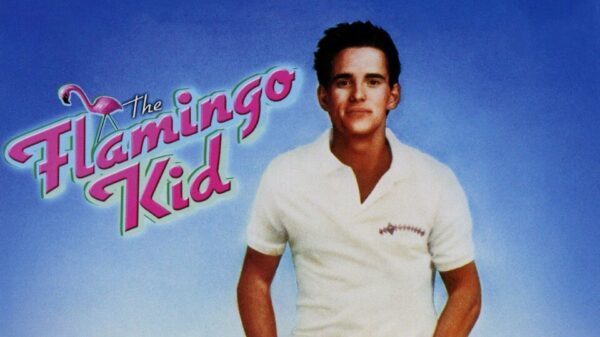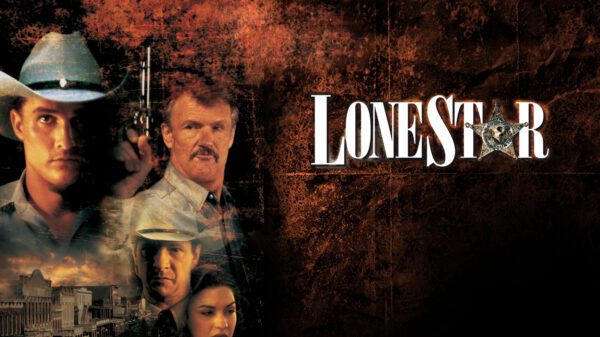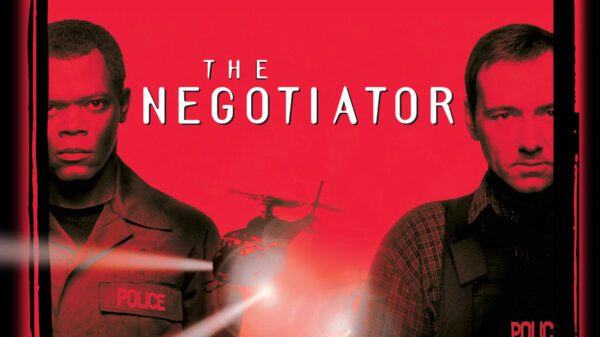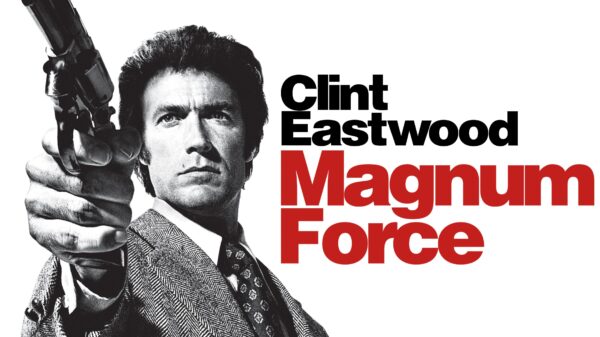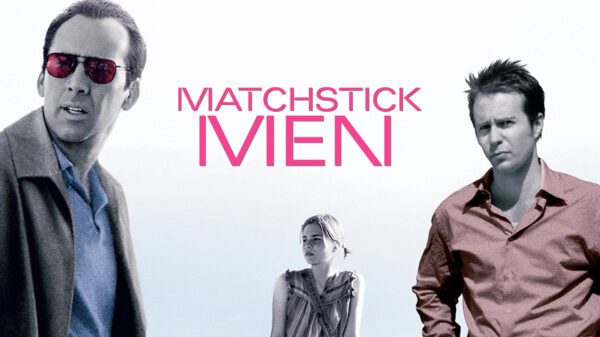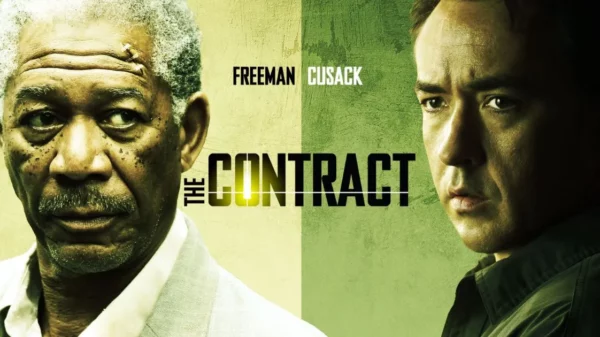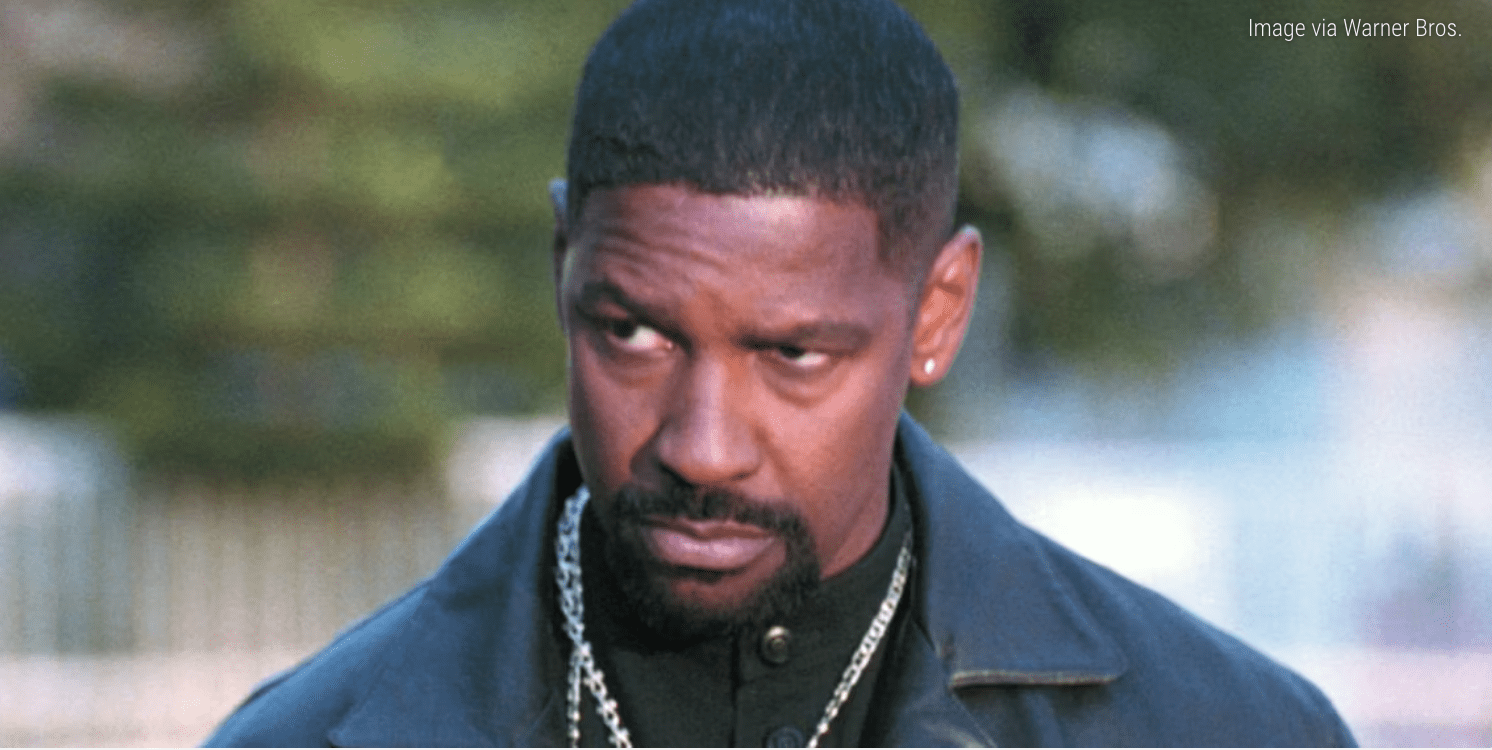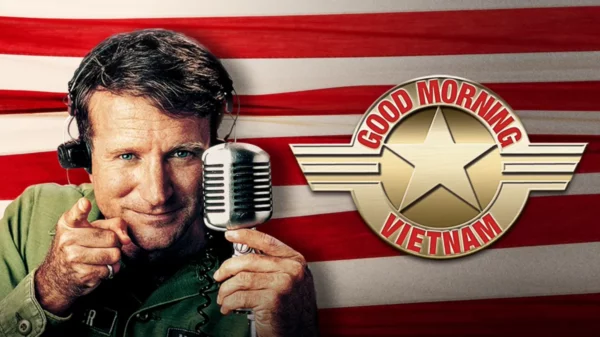Paul Verhoeven‘s dystopian action thriller, RoboCop, released in theaters on July 17, 1987, is a brutal, brilliant, and surprisingly satirical masterpiece that blends hyper-violence with sharp social commentary. Set in a near-future Detroit plagued by rampant crime and corporate greed, the film offers a scathing critique of capitalism, media sensationalism, and the dehumanizing effects of technology.
The story introduces us to Alex Murphy (Peter Weller), a dedicated and idealistic police officer who is brutally murdered by a ruthless gang led by the sadistic Clarence Boddicker (Kurtwood Smith). In a desperate attempt to control the city’s crime wave, the Omni Consumer Products (OCP) corporation, under the ambitious leadership of Dick Jones (Ronny Cox), initiates a top-secret project.
They transform Murphy’s remains into RoboCop, a cybernetic law enforcement officer designed to be the ultimate crime-fighting machine and Weller delivers a nuanced performance, conveying RoboCop’s internal struggle with minimal facial expression, relying on body language and voice modulation.
RoboCop is initially a soulless automaton, programmed to uphold the law without question. However, fragments of Murphy’s past life begin to surface, haunting his new existence. He slowly starts to recall his identity, his family, and the horrific circumstances of his death. His former partner, Anne Lewis (Nancy Allen), becomes his unlikely ally as he battles both the city’s criminals and the corporate machinations that created him.
The film features a memorable supporting cast, including Miguel Ferrer as the ambitious Bob Morton, and Ray Wise as Leon Nash, one of Boddicker’s gang members.
The film is relentless in its action and unflinching in its portrayal of violence, yet it’s elevated by its intelligent script and Verhoeven’s distinctive vision. RoboCop uses its exaggerated setting to explore themes of identity, humanity, and the fine line between justice and vengeance.

Peter Weller in RoboCop (Photo/Orion Pictures)
Reception for RoboCop
RoboCop grossed $8 million on its opening weekend, finishing No. 1 at the box office.
The film would gross $53.4 million in its theatrical run.
Roger Ebert gave the film three out of four stars in his review.
Legacy
RoboCop is lauded for its groundbreaking special effects, its iconic design, and its prescient social commentary that remains relevant today. The film spawned sequels, a television series, and a remake, but none have captured the raw power and satirical bite of the original.
It’s celebrated for its memorable one-liners, its dark humor, and its fearless exploration of what it means to be human in an increasingly technological and corporatized world. RoboCop is not just an action film; it’s a cult classic that continues to provoke thought and entertain with its unique blend of grit and wit.


